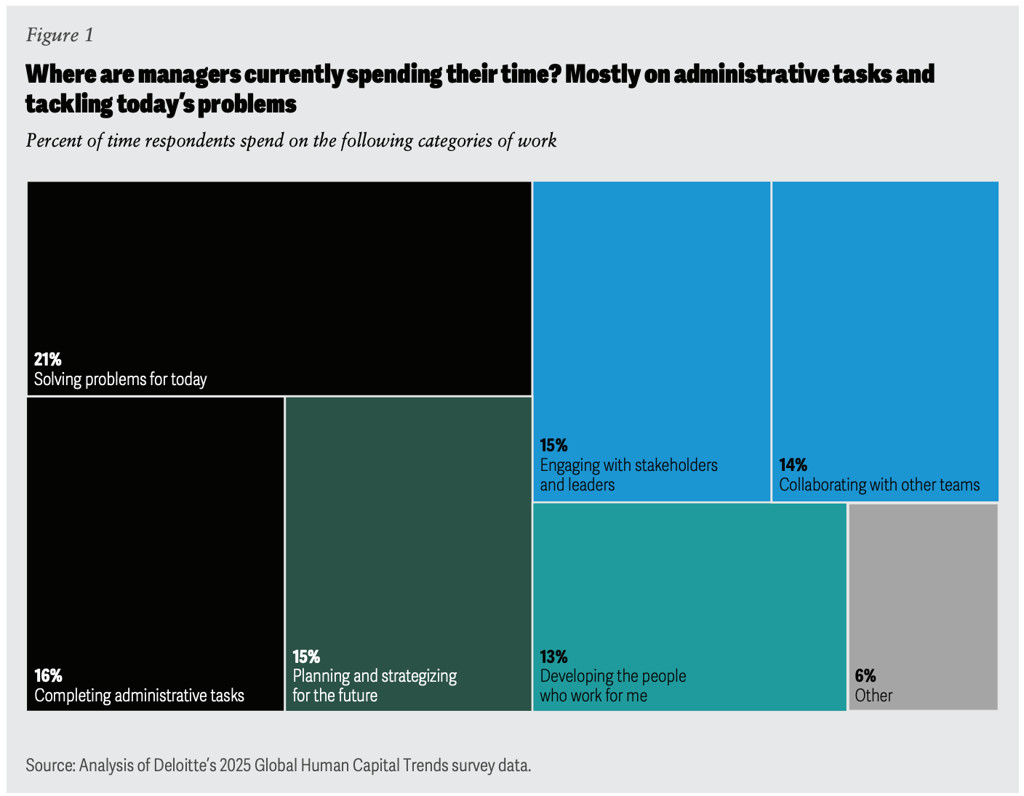US Middle Management Jobs Plummet 42%. What We Must Learn?
CAREER


For a long time, the middle manager job has been a "catch-all" – expected to be project managers, change agents, coaches, and problem solvers.
AI is changing the corporate ladder in big ways, not just making new tools. This will lead to much flatter organisational structures and fewer traditional middle management jobs. Gartner's research shows that by 2026, a fifth of all businesses will have used AI to change their hierarchy, getting rid of more than half of their current middle management jobs.
The Pressure on Today's Managers
Many experts assert that the traditional role of the middle manager in today's workplace, enhanced by AI, is no longer suitable. This doesn't mean the role will be completely useless; it just means that the way it works will change in a big way.
For a long time, the middle manager job has been a "catch-all". A lot of the time, these people are expected to be project managers, change agents, coaches, and problem solvers while also doing their own specialised work. It's not surprising that they often say they feel overwhelmed, frustrated, and burned out. Studies show that they are some of the most depressed and stressed workers, with an amazing 40% saying their mental health got worse when they became managers. Because of this, many people are less interested in these jobs.
A study of Deloitte's 2025 Global Human Capital Trends found that 72% of workers in Japan, for example, no longer want to work in that kind of job. The message is clear: the old way of doing things with middle management is not working. At the same time, AI is giving junior workers power in ways that have never been seen before. Associates are now expected to come to meetings ready to talk about strategy, which used to be the job of managers or higher-level staff.
The Evolved Manager: Powered by AI and Focused on People
The managers who do well in this new world will be those who change and focus on higher-value work that requires human skills and judgment. This new role is based on three important skills:
Nurturing Human Potential. The future manager is, first and foremost, a coach who helps people reach their full potential. Their main job will be to train, inspire, and care for their employees.
Managing human-machine collaboration. Managers are in a unique position to manage both people and AI. This means rethinking roles so that AI doesn't just replace people, but also makes them better.
Driving Agile Innovation. Managers will be key to making an organization more decentralized and responsive in a world that is changing quickly. They will empower their teams to innovate and solve problems rather than just giving orders.
The most important skill for a manager in the future will be judgment. This needs a deep understanding of the organization's history, culture, and context, as well as uniquely human skills like empathy and imagination. AI will answer, but human leaders will ask the right questions and decide.
Insights drawn from:
· 2025 Global Human Capital Trends (Deloitte)
· How AI is Redefining Managerial Roles" (Harvard Business Review)




